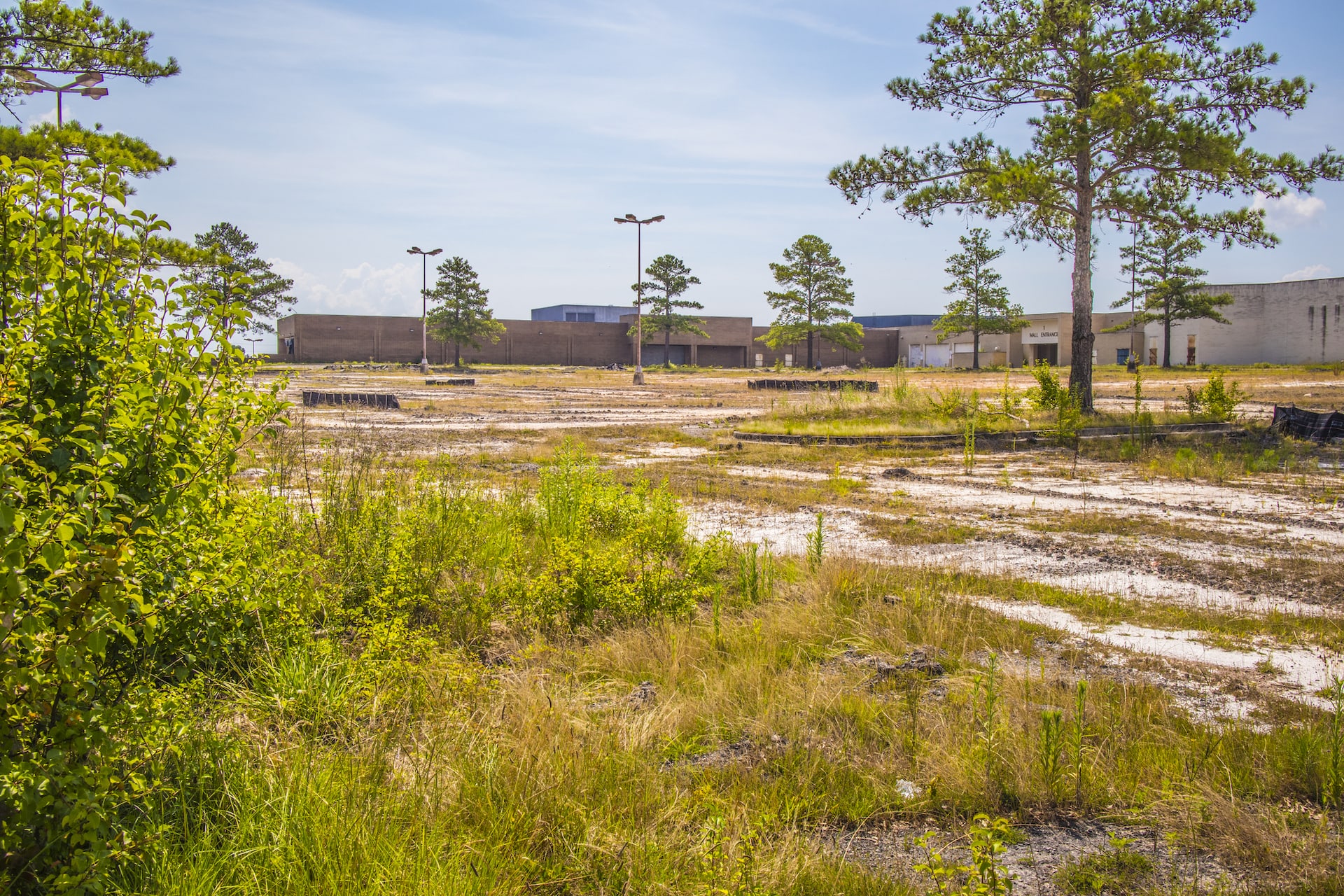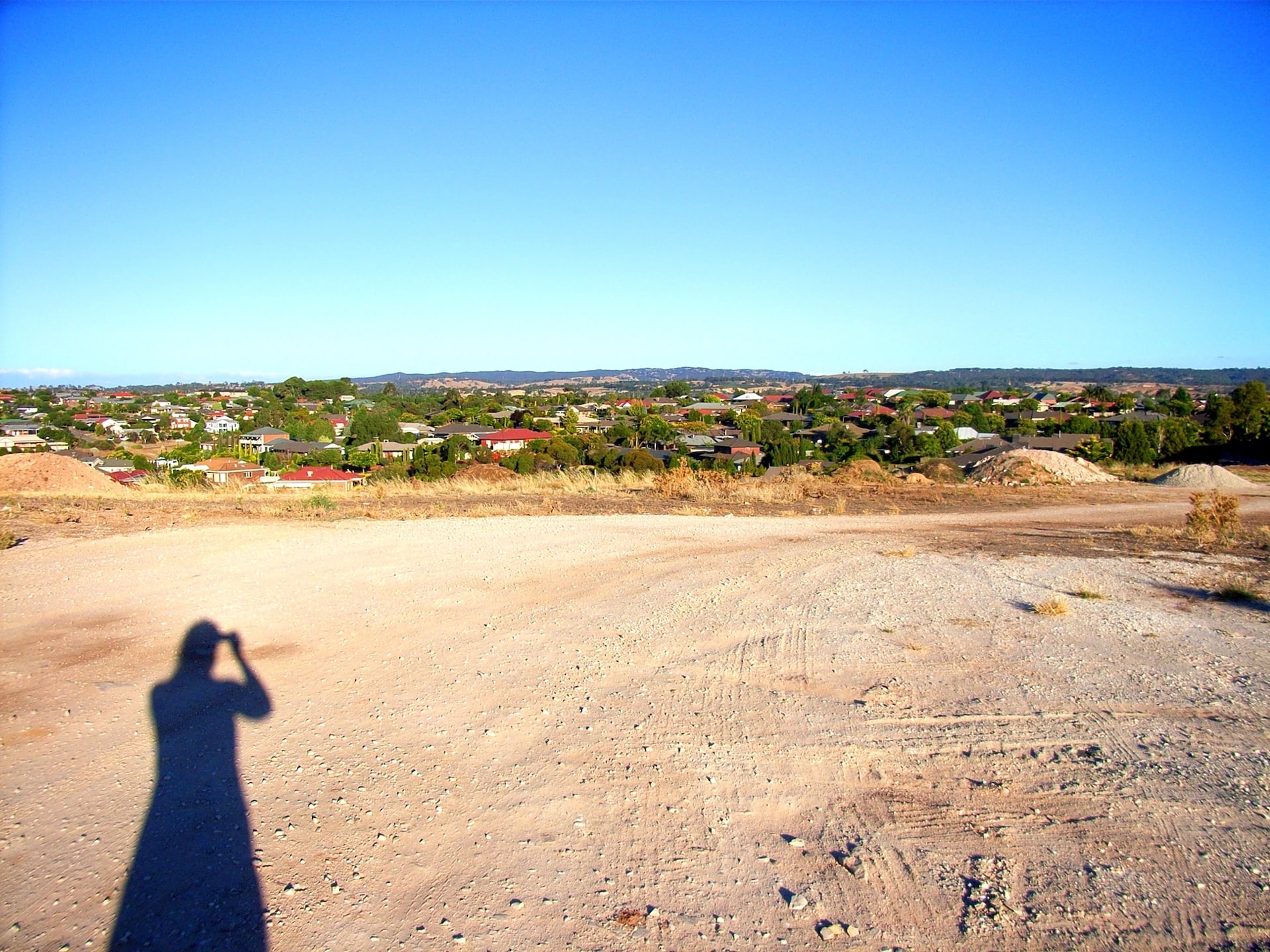First Capital Trust Deeds (FCTD) originates hard money land loans for real estate investors seeking short-term funding prior to development. These developments can be for single-family homes, residential subdivisions, condominium towers, or future hotels. As a mortgage brokerage, FCTD draws on a strong network of funding sources to connect our borrower clients with the right loans to fit their particular land acquisition requirements and needs.
This article will cover what you need to know about hard money land loans, including:
- What is a Hard Money Land Loan?
- Property Types for Hard Money Land Loans
- Land Status
- Pricing and Terms
- Examples of Closed Land Loans
What Is a Hard Money Land Loan?
Hard money land loans are privately financed short-term bridge loans that real estate investors use to acquire and refinance residential and commercial parcels. Since the land likely doesn’t have a cash flow stream, this loan is considered asset-based, with the loan amount determined by the land’s AS-IS value.
Property Types for Hard Money Land Loans
Land loans are for investing in and developing the following property types:
Vacant Lots
Vacant residential and commercial lots are already developed and ready to build on. It’s common for a home builder to acquire a vacant lot in a housing development that was built out a decade earlier to build a spec home to sell.
Infill Lots
Infill lots often exist in cities where zoning laws have changed over the decades, with an increased focus on higher density development. Owners of a large residential or commercial property may subdivide their lot into multiple lots, keeping the existing improved building while selling off the newly subdivided lots for development.
Covered Land
Covered land refers to commercial property that has an existing structure that will be torn down to make way for new development. An example would be an abandoned shopping mall where the AS-IS value is the land value minus the cost to demolish the existing structure.

Land Status for Land Loan Financing
Land development has different stages - raw land, entitled land, and shovel-ready. The stage determines which type of hard money lender is needed.
Raw Land
Raw land is a parcel without connected utilities or road service. An example is a large, 100-acre parcel of farmland for sale at the edge of a city. A housing developer may acquire the property using a 24-36-month hard money land loan, in order to do all the legal and environmental work to entitle a new 250-home subdivision. FCTD has financed raw land for home builders and real estate developers, facilitating purchase money funding along with horizontal construction (utilities, roads, etc).
Entitled Land
Entitled land is land approved for new use by the city, county, or planning commission. In order to entitle land, a home builder or developer will need to complete all environmental requirements, utility easements, engineering, potential litigation, the subdivision — and all the other details of converting 100 acres into a 250-lot subdivision.
Shovel-Ready Land
Once the land is entitled and permits pulled, it’s considered shovel-ready. Usually, when the property is shovel-ready, a builder will take out a new construction loan to break ground and start building.
Pricing & Terms for Hard Money Land Loans
Pricing and terms for hard money land loans are all over the place. The terms depend on the following criteria:
- Borrower Experience
- Borrower Liquidity
- Scope of Work
- Timeline for Completion
- Finished Value
- Additional Collateral
- Exit Strategy
For additional pricing info, read our blog post, Hard Money Loan Pricing, Interest Rates, Fees, Closing Costs.
Exit Strategy
As a borrower, you’ll want to know how you’ll either sell or refinance your priority (exit strategy), and your expected numbers with a variance of +/- 10% on your finished value.
Property Sale
If you’re going to sell the land, whether raw or after you’ve made it shovel-ready, you’ll need examples of comparable sales (comps) to support your expected sale price. Hard money lenders will review your comps and run their own to ensure the values align.
One recent example is a home builder, who planned to build houses on half the lots and sell the remaining finished lots to other builders. The comps the builder provided were much higher than what FCTD and the lender pulled. Granted, there was a shortage of buildable lots in that market. But the comps they provided were for the other side of town, where finished homes sold for twice what the new homes would sell for.
Make sure you compare apples to apples rather than apples to oranges.
Refinancing the Land Loan
As I mentioned above, a developer may take out a 24-36-month hard money land loan to acquire and entitle a large parcel. The developer will pay off the purchase money bridge loan once they secure a construction loan for the horizontal (utilities and streets) and vertical components (structures) of building new homes.

Examples of Land Loans
FCTD has originated numerous land loans over the years for our investor, builder, developer and end-user clients. Below are some real-life examples:
Los Angeles Residential Lot – Pre-Development – $1.5 million
A high-end home builder acquired a vacant, hilltop view lot from a previous investor, who had acquired the property through foreclosure and demolished the previous home. FCTD secured a 50% LTV land loan, allowing the builder to complete the plans, permits and engineering before taking out a large construction loan from their bank.
Bay Area Commercial Land – Pre-Development – $4.5 million
A Bay Area hotel investor acquired a raw land parcel to begin the entitlements and planning to build a new 250-room hotel.
Bay Area Parking Lot – Pre-Development – $6.9 million
A developer purchased a parking lot. After acquisition, the developer entitled the land for a high-rise condominium development.
Bend, Oregon 10-Acre Residential Lot Flip - $550,000
An experienced investor purchased a 10-acre residential lot for a quick flip during the rapidly appreciating market of 2022. After finalizing the use and permits, the property resold for a 40% gain in five months.
Fresno 29-Lot Residential Subdivision – $800,000
A home builder acquired a 29-lot subdivision in a distressed sale. The builder used the 12-month hard money bridge loan to work with an architect on six new floor plans. Once the plans were approved, the builder obtained a construction loan from a local bank to break ground on the new homes.
Nevada County 10-Lot Residential Subdivision – $700,000
A home builder acquired 10 finished lots in a subdivision using another investment property as additional collateral for the loan (cross-collateral blanket loan).
Conclusion
Hard money loans can be an important financial tool for acquiring land for development. With the advantage of providing capital faster than traditional bank financing, borrowers can more nimbly respond to market opportunities, or buy time to prepare the property for development. Whether investing to sell or refinance int a long-term project, FCTD has the resources and expertise to help you find the right financing for your land acquisition.
MORE ABOUT HARD MONEY Land LOANS
5 min read
6 Common Problems With Hard Money Land Loans
Jul 9, 2023 by Ted Spradlin

